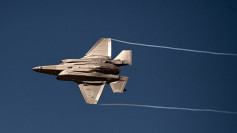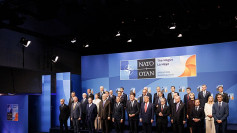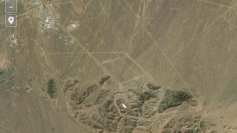Since China's President Xi Jinping proposed the "One Belt, One Road" initiative in 2013, Chinese steel companies have made a full use of the resources and market potentials of countries along the land and maritime Silk Roads to promote international industrial capacity cooperation. Alliance Steel (Malaysia) Sdn Bhd (hereinafter called Alliance Steel) is an example in demonstrating how Chinese investment promotes regional development.
Founded by Guangxi Beibu Gulf International Port Group and Guangxi Shenglong Metallurgical Co., Ltd. in 2014, Alliance Steel based in Malaysia-China Kuantan Industrial Park (MCKIP), the largest industrial park in the East Coast Economic Region (ECER) of Malaysia. It is the largest steel plant in Malaysia with a total investment of 1.4 billion US dollars (about 9.7 billion RMB), covering an area of 4200 acres.
In order to gain a deeper understanding of the largest steel plant in Malaysia, Business Times had a field trip to MCKIP, and visited the factory. From storage and transportation of raw materials to automated manufacturing, and waste recycling system, Alliance Steel has striven to demonstrate the advancement of China's modern steel industry in term of waste treatment, product quality, production process, building up local talents, and market internationalization.
Southeast Asia has a large demand on steel
Southeast Asia countries are the main importer of steel globally. According to the World Steel Association statistics, Thailand imported 12.6 million tons of steel in 2017, the world's second largest net importer after the United States; meanwhile Vietnam's net import of steel was 12.3 million tons, standing at the third place; Indonesia 8.7 million tons, Philippine 7.3 million tons, and Malaysia imported 6 million tons. The total net import of steel for the above five countries reached 46.9 million tons last year.
"We have conducted market researches, Southeast Asia countries have high demand for steel. Particularly, our H-shaped universal beam, will fills the shortage in ASEAN. Therefore, I am confidence in the steel market in this region. Regarding the raw material, nearly 20% are purchased locally in Malaysia, and the rest are imported from Australia and Brazil," Hu Jiulin, the deputy project commander of Alliance Steel told Business Times.
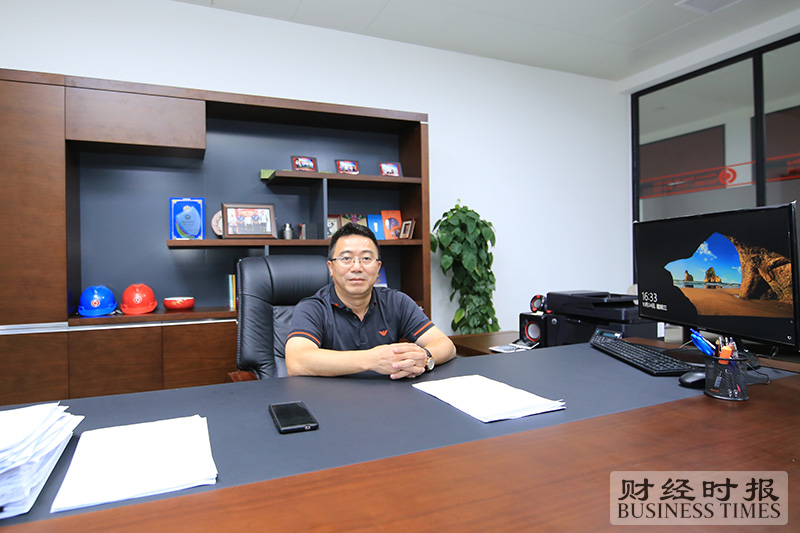
Hu Jiulin, the deputy project commander of Alliance Steel
"Currently, the factory is under trial production stage. Products is planned to supply the local market, as well as exporting to Southeast Asia countries such as Indonesia and Singapore. It is expected that full production stage will begin end of this year with an annual production capacity of 3.5 million tons." he added.
Asking about the reasons to choose MCKIP in building its steel plant, Hu Jiulin responded that, "steel industry relies much on logistics, Malaysia strategically situated in the center of Southeast Asia, making the import and export to (other) Southeast Asia countries very convenient. Furthermore, MCKIP is adjacent to Kuantan Port, the largest port of the East Coast (in Peninsular Malaysia). It only takes three days from Kuantan Port to GuangXi QinZhou Port by sea. Kuantan Port is a deepwater port, providing cost advantages. At present, the trial production stage steels accounted 20% throughput of Kuantan port . After the full production at the end of the year, it will accounts 50% throughput of the entire port ".
Heavy investment on waste treatment, almost zero waste
The steel industry is an energy-intensive industry. Although this heavy industry has made tremendous contributions to the economic development, it has brought environmental impacts, especially the gas emission and dust emitted during the production process. In order to achieve sustainable development of low-pollution and low-energy consumption, the major issue for a steel company to face is how to reduce pollution from the waste water, gas and residue created.
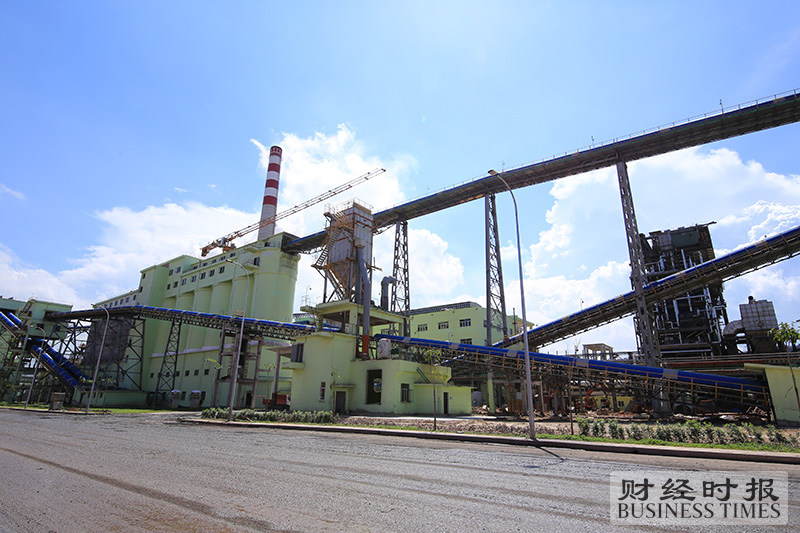
The Malaysia largest steel plant in Malaysia-China Kuantan Industrial Park (MCKIP)
Gong Ying, the general manager of the MCKIP Public Relations Department, told Business Times that, "environmental protection is the primary check indicator to determine whether a factory is eligible to enter MCKIP. If the factory does not comply with the environmental requirements set by the Malaysian government, we are unable to grant them entry approval. For instance, Alliance Steel has adopted the most advanced energy-saving and waste treatment technology of China, one of the best in the world."
Hu Jiulin said, "Alliance Steel factory's slogan is 'in Malaysia, for Malaysia'. In order to achieve sustainable development, we must pay attention in environmental protection. Therefore, 12% of the total investment goes to waste management. The steel plant was designed in accordance with Malaysia and China's environmental requirements, measure up almost zero waste emission during processing. The waste water is 100% recycle and re-use after treatment; emitted waste gas complying the most strict environmental indicators; and waste residue transformed to a by-product construction material, opened up another high demand market."
According to Fan Chengyu, the director of the Union Steel Outreach Department, the MCKIP is a key project of collaboration between China-Malaysia governments. The Alliance Steel was the first factory to enter the industrial park. It has reflected the "China speed", the ground breaking commenced in November 2016 and trial production has started in December 2017.


